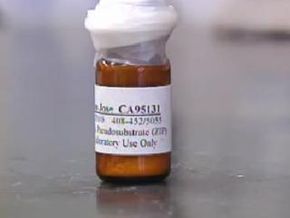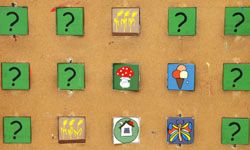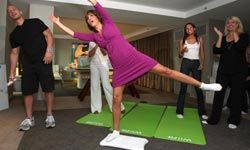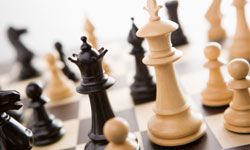It's often said that the brain is like a muscle: You have to exercise it to make it stronger. Of course, a lot of the ways we use our brains involve memory. Most of us have used flashcards and other memory aids to study, whether back in school or, later in life, for business. A whole industry is built on making memory-related learning as fun and painless as possible, whether you're studying science, a new language or just about any other topic.
But what you may never have thought about is the way many of our leisure activities -- games, both competitive and solitary -- also contribute to firming up those mental muscles. It's those fun activities that language trainers and other memorization aids are trying to mimic.
Advertisement
Think about it: You may not remember where that ace of spades was weeks after you played your card game, but you were still giving your brain a mini memory workout. Just as lifting weights regularly can improve your strength, playing memory games can be the mental equivalent to pumping iron.
Let's talk about a few different kinds of memory -- and the games that test, stretch and improve them.



